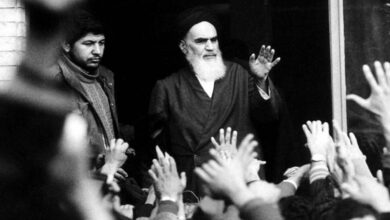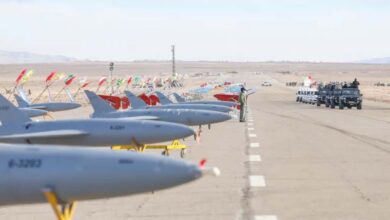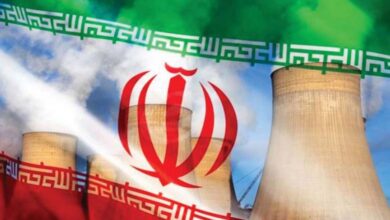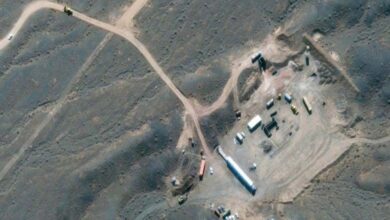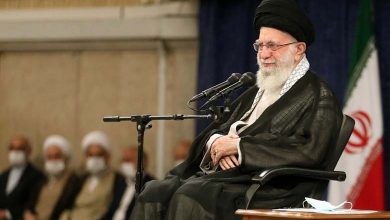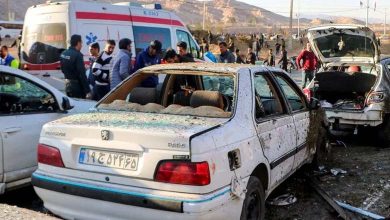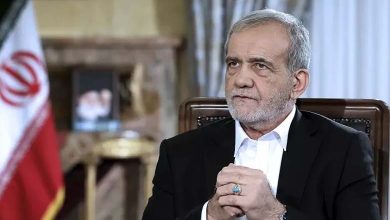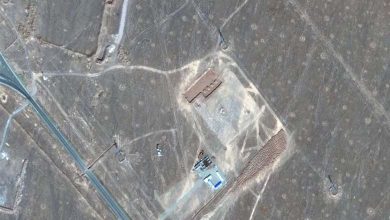Iran opposition predicts regime collapse as protests fall
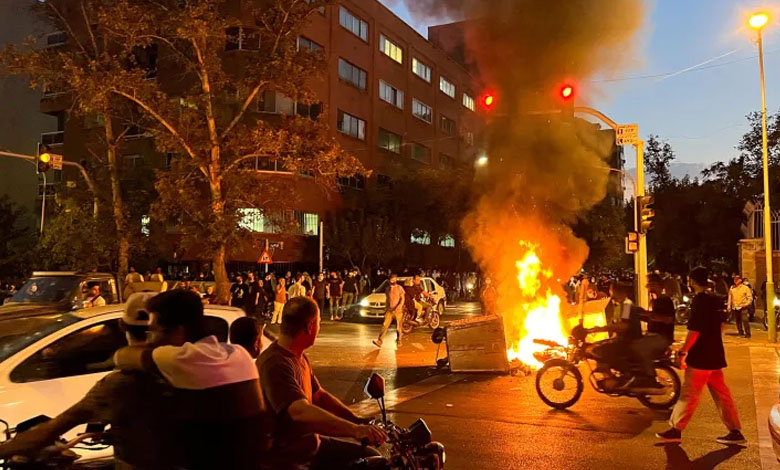
Iranian prominent Nobel Peace Prize laureate and lawyer and opposition figure Shirin Ebadi has predicted that the current protests in Iran will eventually lead to the collapse of the Islamic regime as pressure mounts.
She said the death of Iranian-Kurd Mahsa Amini while in police custody last year sparked an irreversible “revolutionary process” that will ultimately lead to the collapse of the Islamic Republic.
Iran’s ruling clerical establishment has faced widespread unrest since Amini died in morality police custody on September 16 after arresting her for “improper clothing.”
Iran attributed Amini’s death to health problems and accused the United States and other adversaries of fueling the unrest to destabilize the clerical establishment.
Iran’s ultra-conservative rulers have faced protests with repression as they have for the past four decades. Authorities have also handed down dozens of death sentences for participants in the protests, at least four of which were carried out by hanging in what human rights activists say is a move to intimidate people away from the streets.
Shirin Ebadi is among the most outspoken supporters of anti-government demonstrations, and has been a scathing critic of the clerical establishment, which has dominated Iran’s power since the 1979 Islamic revolution.
Like many critics of Iran’s ruling clerics, Ebadi believes that the current wave of protests is the most daring to challenge the legitimacy of the clerical establishment that has ruled so far.
“This revolutionary process is like a train that will only stop when it reaches its final destination,” she said.
Ebadi was awarded the Nobel Peace Prize in 2003 for her human rights work and has lived in London since 2009.
The Islamic Revolution of 1979 overthrew Shah Mohammad Reza Pahlavi, who was secular and allied with the West, and the Islamic Republic was established.
The recent protests have plunged Iran into a crisis, with Amini’s death sparking years-long simmering anger among Iranians over problems ranging from economic misery to discrimination against ethnic minorities, as well as strict social and political restrictions imposed by the authorities.
For months, Iranians from all walks of life have called for the downfall of the clerical establishment and chanted slogans against Supreme Leader Ayatollah Ali Khamenei.
But protests have not been as frequent since executions began. Sunni areas have seen the largest protests and are currently limited to those areas.
Videos posted on social media showed people chanting “Death to Khamenei” from the rooftops of some cities, but the scale of the protests is not the same as in previous months.
The Human Rights Activists News Agency (Herana) reported that 527 protesters had been killed during demonstrations as of Wednesday, including 71 minors. It added that 70 members of the security forces were killed and up to 19,262 are believed to have been arrested.
Growing anger
The state’s use of lethal violence deepened Iranians’ anger at the clerical establishment because their grievances remained unaddressed, Ebadi said in a telephone interview from London.
“The protests took a different shape, but they did not stop,” she said.
As the economic crisis intensifies, most notably because of U.S. sanctions imposed on Iran over its nuclear program, Iranians are feeling the brunt of runaway inflation and high unemployment.
Inflation exceeded 50%, the highest level in decades. Youth unemployment also remained high, pushing more than half of Iranians below the poverty line, according to reports from Iran’s Statistics Center.
The authorities’ crackdown on protests has caused diplomatic tension at a time when talks to revive the 2015 Tehran nuclear deal are at a standstill. The U.S. and Western nations have imposed sanctions against Iranian authorities and other entities for their participation in repression and human rights abuses.
Ebadi said the West should take “practical steps” to force Iran’s clerical establishment from power, such as downgrading political relations with the country by recalling ambassadors from Tehran and avoiding any deal with the Islamic Republic, including a nuclear deal.


